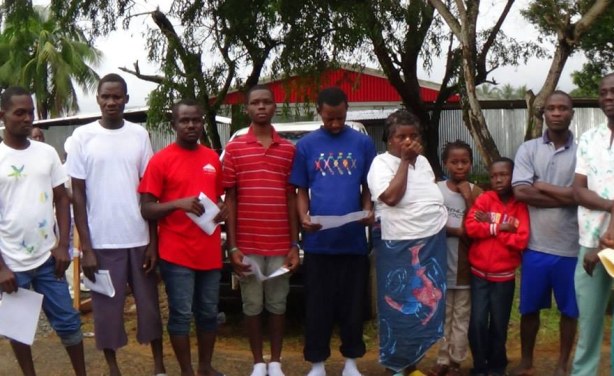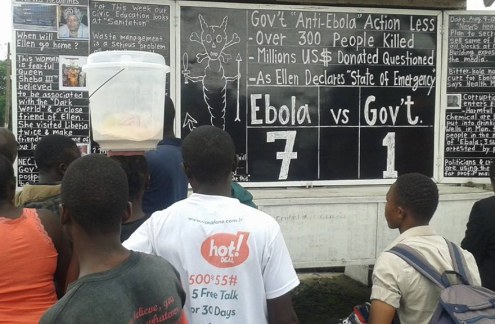The
Postmodern Condition is an influential text that announced what has come to be known as postmodernism/postmodernity. While description of what this condition entails is quite complex, one of its generally acknowledged manifestations is its challenge to metanarratives, that is, it challenge to big stories that purport to explain what is true, beautiful, and good. The beginnings of postmodernism, just like the beginnings of the modern period, is difficult to date. However, scholars seem agreed on the fact that the modern condition is a condition in which single narratives that purport to tell the truth about the world thrived. Under the postmodern condition, however, these single narratives are being challenged by other narratives so that knowledge of the world is not seen to be accessed only through a single way of knowing. In the postmodern context, therefore, truth is multiple rather than single. In the postmodern context, voices that had historically been silenced by the dominance of single narratives that purport to hold privileged access to the truth are now being raised.
That other voices should be heard in the marketplace of ideas has opened spaces for the marginalized but it has also led to a situation where knowing what the truth is has become quite elusive. The postmodern condition has therefore become a double-edged sword for the marginalized because it has opened spaces for marginalized voices to be heard but it has also made it possible for marginalized voices to be silenced through obfuscations and subterfuges. Which is where the Michael Brown case comes in.
Michael Brown is the young African American who was recently
shot and killed by a policeman in Ferguson. So many narratives have been woven around what led to his death that the only fact that seems to stand now is that the boy is dead. The power that still determines what is truth even in the postmodern condition has gone to work weaving narratives that contest each other with the goal of insinuating that we cannot really know how the boy died. Classic postmodern imagination - the art of obfuscation. That is how power does its work now - it tells us that historically truth may not be known unless known on the terms of the powerful. Which is why what is going on in Ferguson is not only a struggle for justice but also a struggle to see if it is possible to know what it true, what is beautiful, and what is good. Ferguson is about negotiating the postmodern condition. Is there a truth here or are there only truths and unknowns. Who is going to determine what we know and how we know it?





